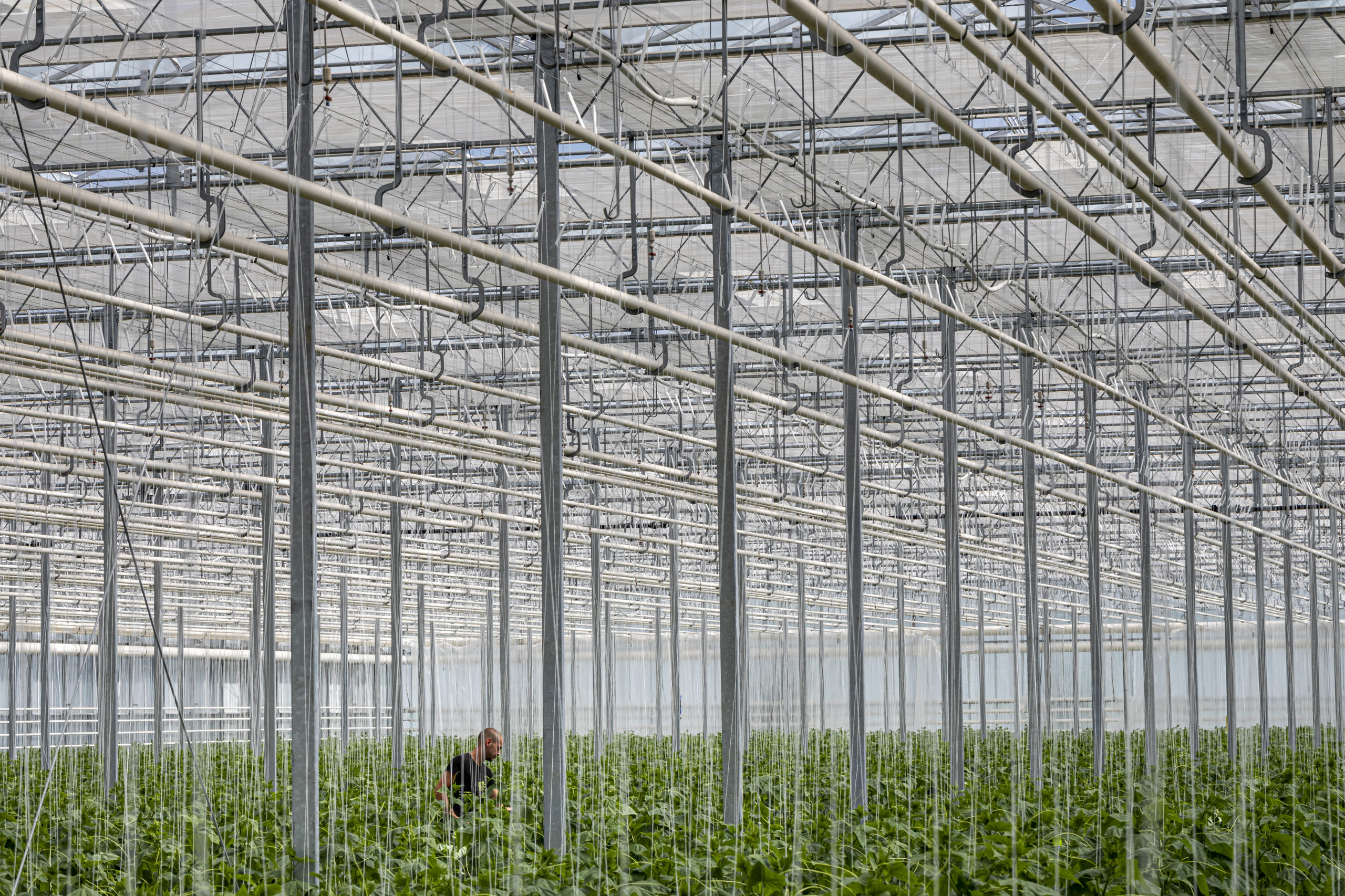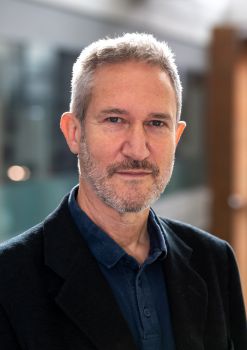
These ten recommendations were submitted as Supplemental Testimony to the Technological Innovations and Climate Change: Negative Emissions Technologies Inquiry held by the UK Parliament’s Environment Audit Committee in January 2022.
Follow the Bellona Principles
Principle 1 is to emphasize collection of CO2 from the atmosphere. Principle 2 is to store it in a manner intended to be permanent – see also the need to prioritize utilisations which are more durable. Principle 3 is that monitoring, reporting, and verification approaches must look at all upstream and downstream emissions (regarding both the full life cycle of the product or process and along supply chains), as well as to comprehensively estimate and include them in the balance. Principle 4 is, at the end of the day, to remove more CO2 than is emitted.
Prioritize long-term carbon storage and ensure robust life cycle assessment
Removal and long-term storage of carbon dioxide from the atmosphere should take precedence over less durable/stable utilizations of removed carbon. Utilisation should focus on where it is important to move away from fossil carbon to sustainable carbon, for example, feedstock for building materials (e.g. concrete) or in synthetic aviation fuels in the scope of Sustainable Aviation Fuel (SAF) mandates. .
Appreciate and incentivise scale
Set an aspirational objective of 5 million tonnes per year for permanent carbon removals by 2030. Move towards large-scale demonstration for first-of-a-kind installations, with possible domestic matching support from the EU Innovation Fund and Breakthrough Energy Catalyst, or the Energy Systems Catapult in the UK.
Co-develop with upscaling for CO2 transportation and storage infrastructure
New Direct Air Carbon Capture and Storage (DACS) approaches rely on much of the same energy, storage, and utilization infrastructures as point-source carbon capture – which was already introduced to climate policy in 2005, and upscaling of which has been slow to date. Deploying DACS requires building out open access CO2 transportation and storage infrastructure. It also adds financial longevity to pipelines, given it is a growing industry.
Phase in a robust, reliable carbon price
Carbon is ultimately a waste product, with a limited scale of cascading uses, and as such needs to be treated, and adequately priced, as a pollutant. Waste removal must be treated as a public good, or it will not occur. DACS deployment therefore demands a suitably high carbon price to provide a signal to markets and encourage innovation, upscaling, and economies of scale – such activities and aims must be underpinned by strong government funding, incentives, and regulation.
Ensure coupling with locally appropriate and renewable sources of electricity and heat
DACS should be subject to robust life cycle assessment to ensure its full climate-mitigation potential to be served – and to avoid social legitimacy issues. Innovative couplings of direct air capture with hydroelectricity in Canada and Norway and with geothermal energy in Iceland are already being developed, along with potential couplings with wind energy in Texas and solar energy in New Mexico. Regional deployment across the UK must consider other geographically relevant couplings with renewable energy, possibly in line with the devolved powers, for instance with wind energy in Scotland or even tidal and marine energy in North Wales.
Harness hub deployment
CO2 storage is only available to certain countries. Hubs and spokes can be utilized to transport and store CO2, including through the kind of “Projects of Common Interest” approach utilized for renewable energy facilities, cross-border electric transmission networks, or smart grids. Open access could be created for CO2 transportation and storage infrastructure, with possible support based on Trans-European Networks for Energy Regulation, or the Levelling Up agenda in the UK. Multiple modalities may be needed to transport CO2. In general, support of regional DACS hubs, for purposes of research, development, and deployment, also offer the means for promoting a just transition and levelling up of regions previously linked to fossil fuels.
Maintain separate targets, metrics, and emissions baskets between permanent carbon removal and conventional-emissions reductions
In order to prevent fungibility between measurements of carbon removal and mitigation activities and avoid the impression that the former can be understood to substitute for the latter. In particular, ensure ‘residual’ emissions from ‘hard-to-abate’ sectors are robustly calculated, as these will demand the first slice of promised permanent engineered carbon removal. This could be one of the next big ‘gaming the metrics’ arenas by exacerbating the double-counting and limited additionality of emission reductions. Net targets must therefore be accompanied by ambitious mitigation action in the near term and safeguards for the role of high-integrity, permanent engineered carbon removal.
Embrace robust certification for carbon removal and integrate into compliance frameworks
This could be achieved through a system for the monitoring and management of captured CO2, through earth systems, along supply chains, and between sectors. Certification should be sufficiently granular to differentiate on the source of CO2 and the degree of permanence of the storage. Robust certification is essential given the narrow timeline for climate mitigation and so that integration into compliance frameworks for high-integrity, sufficiently permanent carbon removals can be attained by 2025.
Recognize the criticality of social acceptance
DACS will not thrive in areas where it does not have a social license to operate. Germany and Austria offer examples where the issue of CO2 storage is fraught, limiting the potential for transportation and storage services up to the North Sea. Public and regulatory engagement in line with the principles of a just transition and devolved powers is thus crucial for building legitimacy. This connects back to the need for a hub strategy adjacent to the pursuit of levelling up whereby carbon can be transported out of areas where storage may not be possible, and generally to develop a novel supply chain for a post-carbon society.
Benjamin K. Sovacool, PhD Professor, University of Sussex and Aarhus University
Helen Bray, PhD European Policy Director Carbon Engineering Ltd. EU Transparency Register: 598986244386-27
Dr. Amy Ruddock, VP Europe Carbon Engineering Ltd.
Chad Baum, PhD Research Fellow in Negative Emissions Policy Aarhus University
Sean Low PhD Research Fellow in Negative Emissions Policy Aarhus University
Follow Sussex Energy Group









